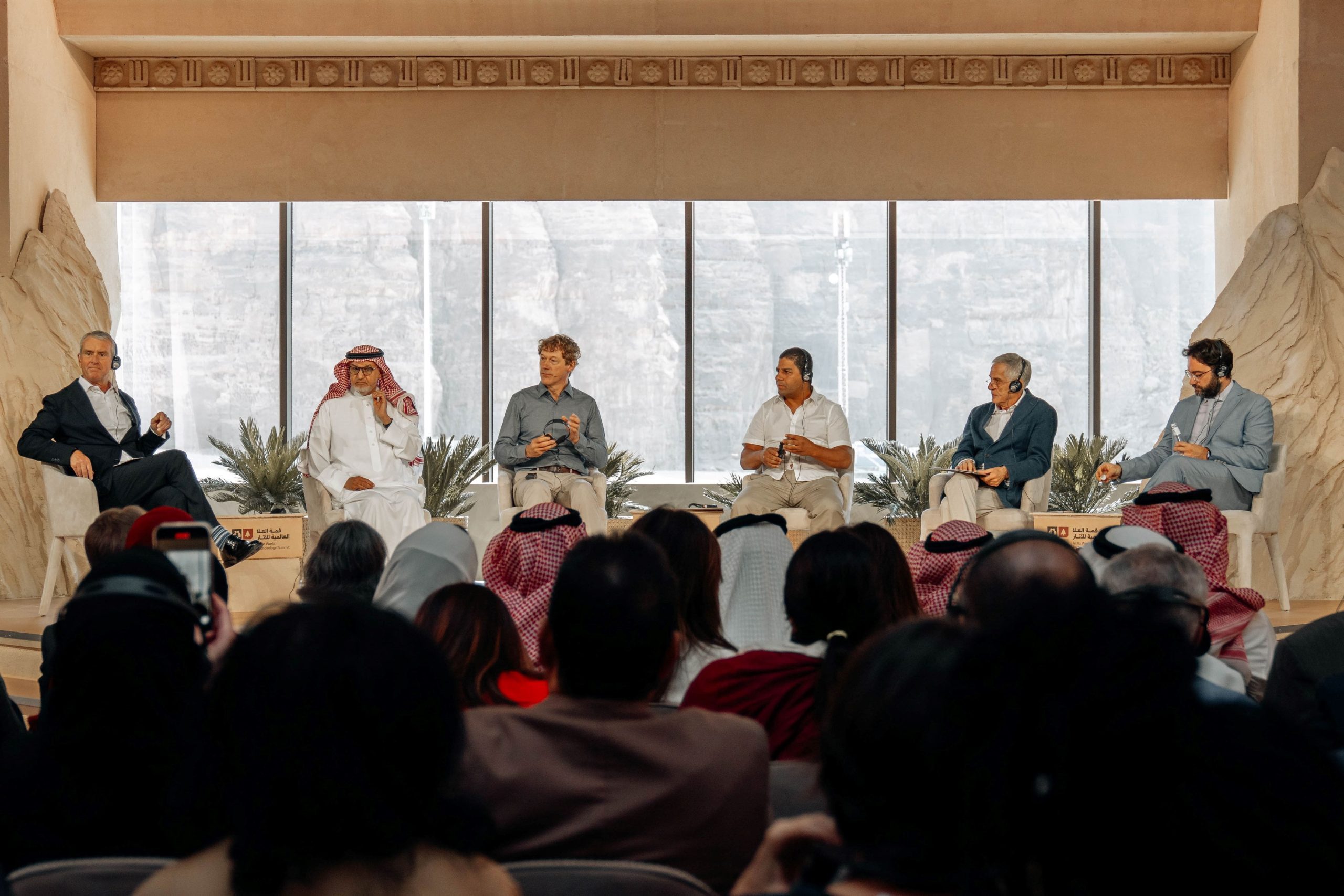- Archaeology is a lens through which we can magnify our past, catch a reflection of our present, and peer into our future
- Community involvement can help researchers to understand a heritage site’s legacy
- Delegates explore key themes toward the pursuit of meaningful change for society
AlUla, Saudi Arabia-: Delegates at the opening day of the inaugural AlUla World Archaeology Summit heard that archaeology has immense power to shape cultural identity and shared human experience – while archaeologists must also seek greater interconnection and avoid cultural bias.
Organised by the Royal Commission for AlUla (RCU), the summit has drawn over 300 delegates from 39 countries to AlUla in north-west Saudi Arabia for two days of wide-ranging discussions on archaeology’s role in stewarding heritage toward the enactment of meaningful change for society.
“Archaeologists should think of their own identities as well as those of the sites they are excavating or studying,” Dr Khaled Melliti, an historian and researcher with France’s National Centre for Scientific Research (CNRS), said during a panel discussion.
“Every [era of] archaeology is a contemporary archaeology,” concurred Prof. Emanuelle Papi, director of the Italian School of Archaeology at Athens, in which people see the past “with the eyes of their own time.”
For example, he noted, there was a time in Italy when the glories of Rome’s Imperial era were at the foundation of national identity. But in excavating Roman ruins, he said, archaeologists of that time would run roughshod over relics from the Middle Ages, Byzantine and Renaissance eras.
Similarly, Dr. Melliti noted that since Tunisia’s return to popular rule following the uprising of 2010-11, the perception of the country’s archaeological heritage has altered accordingly. In the aftermath of the uprising, he said, “We have discovered the existence of a republic beneath the Tunisian soil.”
Their comments reflected the ambition of the summit to generate new discussions that move beyond the specialist mindset and follow paths that connect archaeology to wider communities.
Indeed greater connection with local communities was cited as one way for archaeologists to avoid imposing their own worldviews on heritage.
For example Lucy Semaan, the Lebanon-based lead maritime archaeologist from the Honor Frost Foundation, said that while exploring an underwater site she will speak to local fishermen to learn where they fish and what names they use for various aquatic zones. This can prove useful in providing insights that connect the past to the present, she said.
And Prof. Robert Hoyland, professor of Late Antique and Early Islamic Middle Eastern History at New York University, told the story of his first working expedition as an archaeologist, in Syria. At one point he went into a shop and told the shopkeeper that he was excavating a Roman town. “No,” she corrected him, “you’re excavating an Arab town of the Roman period.”
Earlier in the day, Amr AlMadani, CEO of RCU, welcomed the delegates to AlUla. Alternating between Arabic and English, he noted that RCU’s adherence to the principles of sustainable tourism benefits cultural heritage sites.
“Our project isn’t about leveraging heritage to attract visitors. It’s about leveraging visitors to sustain heritage,” he said.
The summit continues tomorrow with a focus on resilience and accessibility, complementing the first day’s focus on identity and ruinscapes.
On Wednesday the summit’s guests attended a gala dinner outdoors amid palm groves at the ancient oasis of Daimumah. The adventurer and writer Levison Wood observed in a speech that the summit is a journey of exploration and extends the tradition of other explorers and pioneers in the region, from Ibn Battuta to Gertrude Bell and Lawrence of Arabia.

